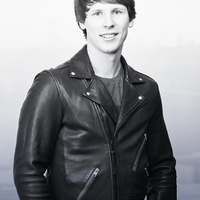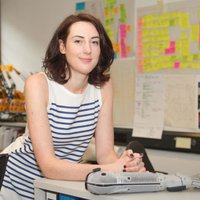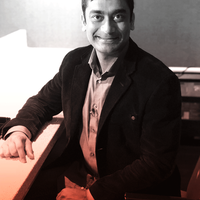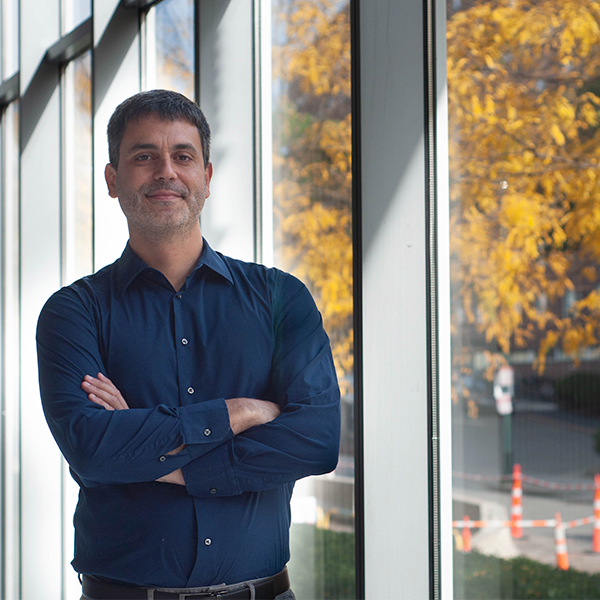Social networks not only offer a new way of connecting people, but they also become a valuable source of information for the sciences that study human behavior (see Facebook's Telescope on Human Behavior). Data from platforms such as Twitter and Facebook allow us to study the movement patterns of a population and even their opinions.
One of the people who has decided to take advantage of this huge source of information is the researcher at the MIT Media Lab and professor at the New England Complex Systems Institute, Alfredo Morales. He focuses on applying artificial intelligence (AI) algorithms to detect patterns of human behavior, an approach that has made him one of the winners of Innovators Under 35 Latin America 2018 of MIT Technology Review.
Morales is an expert in complex systems physics, a discipline that seeks to understand the science that governs phenomena such as changes of state of matter and the self-organization of systems. Using this knowledge, he has applied the same methodology to study human behavior with data from social platforms. The researcher explains, "Until now, sociologists tried to explain social phenomena with statistics obtained from little data. Now, for the first time, we can observe how the transmission of information occurs within a society, how it becomes polarized, how behaviors emerge at different scales, and how social structures and phenomena arise."
Morales' approach is to treat societies as if they were complex systems, with emergent properties resulting from the interaction of their components. Applying AI to the large databases available allows us to study phenomena, such as the appearance of echo chambers in public opinion, which contribute to polarizing society instead of nurturing it with different points of view (see Technologists are trying to fix the “filter bubble” problem that tech helped create).
An example of this phenomenon took place in Venezuela after the death of its former president, Hugo Chávez. After analyzing 16 million tweets published in the days before and after his death, Morales was able to map the political feelings of the citizens of Caracas, the capital of the country. The result led to a map that showed a clear distinction between the opinions shown in the social networks according to the area of residence. In addition, the researcher discovered that there was no communication between the circles of one sort of neighborhood and the ones of the other type, reflecting the state of polarization of the city and the existence of communities isolated from each other.
"In Venezuela, Chávez was a clear polarizing element of society, but polarization arises when there are factors that foment it. It is enough for people to show a preference not to talk to other people of different opinions, so that in the presence of a polarizer, society divides into segregated groups. Once these groups are formed, this dynamic only reinforces further separation,” Morales explains.
Professor Ad Honorem at the Polytechnic University of Madrid (Spain), Jose Domingo Carrillo, jury member of Innovators Under 35 Latin America 2018, highlights the power of Morales's research to "understand the complex social system through the use of machine learning algorithms and network analysis."




